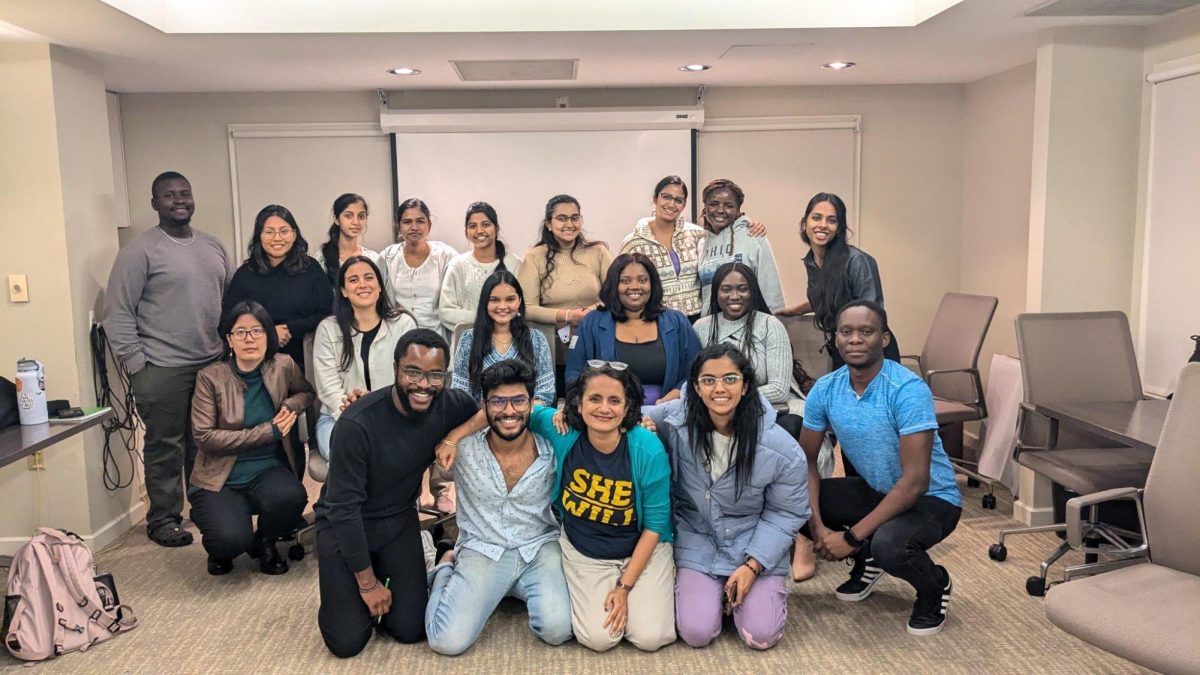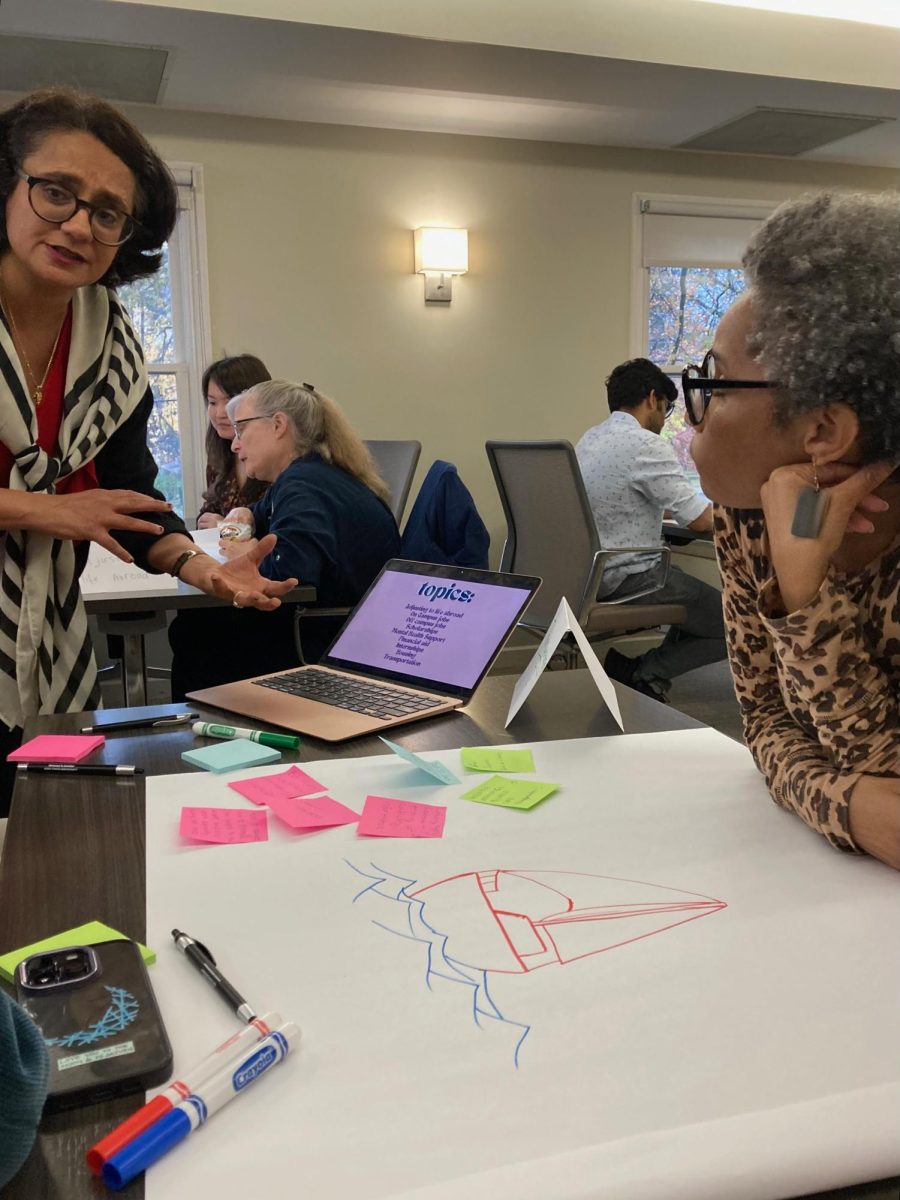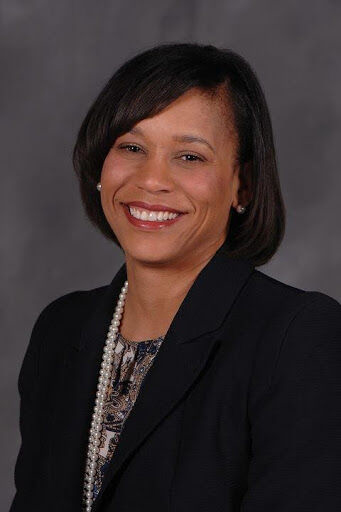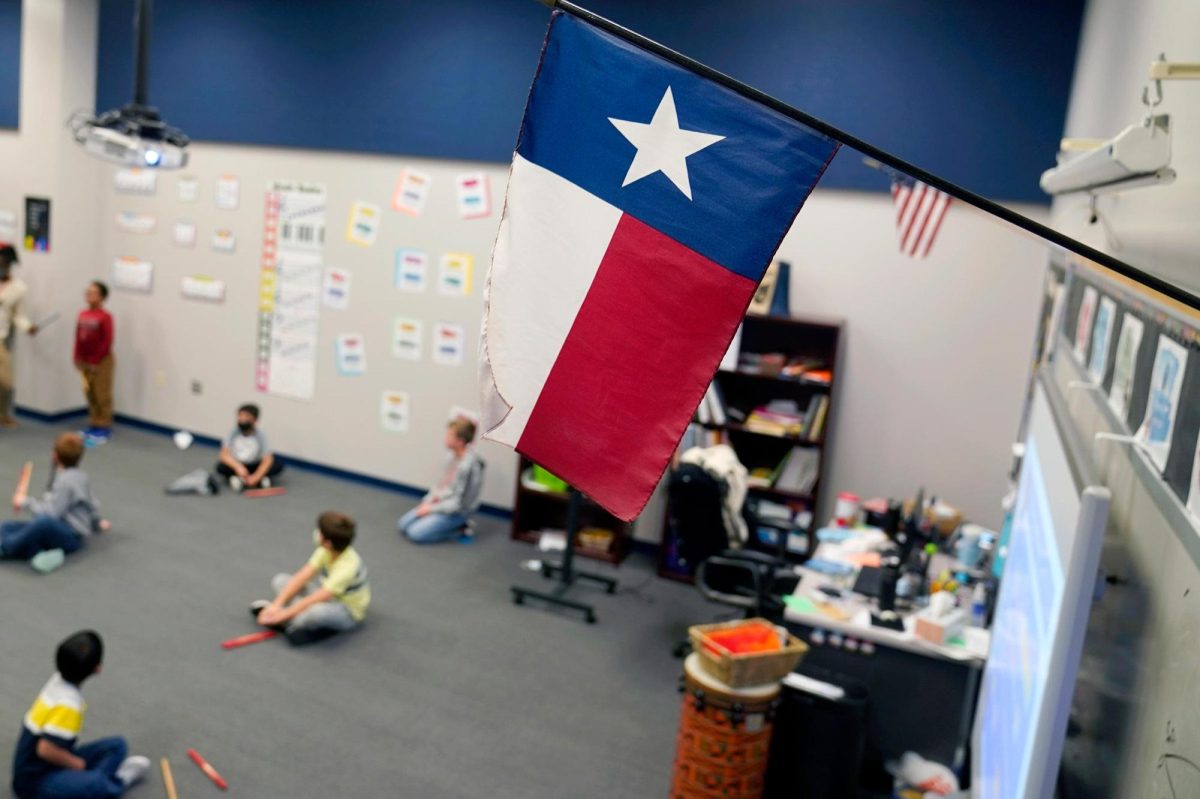Kent State’s International Student Council and Women’s Center marked International Day of the Girl Child with a film screening and panel discussion that focused on the experiences of girls around the world.
International Day of the Girl Child, first celebrated Oct. 11, 2011, honors the accomplishments and power of girls and young women everywhere.
The event, held Friday in the Women’s Center Conference Room, showcased the documentary “Kayayo: The Living Shopping Baskets,” followed by a panel of international students who shared personal insights and reflections.
“The ISC approached us with the idea of hosting an event for International Day of the Girl Child,” Sarah Robinson, a graduate assistant at the Women’s Center, said. “We immediately saw the importance of discussing global inequalities that girls face and agreed to make it happen.”
The documentary, “Kayayo,” sheds light on the lives of young girls in Ghana, such as eight-year-old Bamunu, who are forced into child labor as human carriers, or “Kayayo,” to financially support their families. The film highlights the challenges these girls endure, from carrying heavy loads in urban markets to resorting to extreme measures, such as prostitution, to supplement their meager incomes.
The screening aimed to bring awareness to these grim circumstances while also celebrating the resilience of girls in developing countries as they navigate a path toward better futures.
The event also featured a student-led panel discussion where participants from diverse countries, including Ghana, Nigeria, Turkmenistan and India, explored topics such as child labor, gender roles and societal expectations placed on girls. One key takeaway from the discussion was the cross-cultural similarities in the burdens placed on young girls, particularly in regions where economic hardship and gender inequality are pervasive.
Derrick Tindimwebwa, an international student, offered an example from Uganda where traditional gender roles dictate that women should cook while men are often exempt from domestic chores. He noted that during the COVID-19 pandemic, this gendered division became especially apparent, as many men were unable to perform basic tasks like cooking.
“In different societies, girls are raised to be self-sufficient from a young age, while boys are often shielded from domestic responsibilities,” Tindimwebwa said.
The discussion touched on how these roles perpetuate inequality and how education, as well as exposure to different ways of life, can help challenge these norms.
Other panelists drew comparisons to similar issues in India and other parts of Asia and Africa where girls are expected to take on responsibilities for their families from a young age. A common theme that emerged was the need for governments to provide more resources, such as access to education, to reduce dependency on child labor.
Participants emphasized that although the challenges may vary between countries, events like this provide an essential platform to share experiences, foster discussions and consider potential solutions to global issues.
Both the ISC and the Women’s Center hope that events like this will encourage students to reflect on their own roles in promoting equality, both globally and locally.
“While the struggles faced by girls in Ghana or India may not be exactly the same as those in the United States, the fundamental issues of gender inequality and economic hardship resonate universally,” Robinson said. “That’s why it’s so important for us to come together at events like this.”
Priyanshi is a reporter. Contact her at [email protected].











